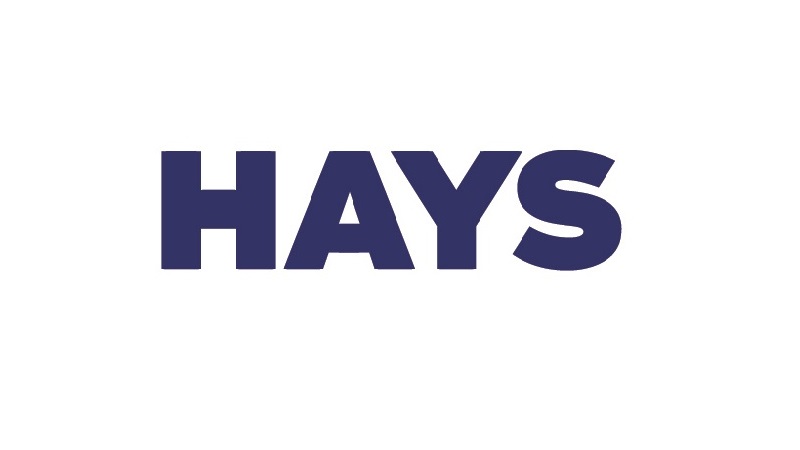How to write compelling copy (that sells)
By Cecilie Conradsen, Content Guru at Hyped Marketing
No matter your line of business, you’ll need to create engaging copy — the words you use to promote your services online.
Whether you’re trying to catch the attention of passers-by with a poster, convert leads into customers with your website or improve your ranking on Google, your written content should represent your brand and help you stand out from the competition.
But writing ‘good’ copy isn’t just about airtight spelling and grammar. A lot goes into producing something that adds value for you and your audience — from defining your tone of voice (TOV) to finding relevant SEO keywords.
So, where to begin?
A crash course in copywriting
With the market already saturated with bespoke marketing campaigns and trending content, you’ve got to make every word count.
When done right, your written content can generate engagement from your target audience, leading to click-throughs and site visits that’ll (hopefully) turn into enquiries or purchases. Alternatively, poor-quality copy can confuse your audience and drive away potential customers.
There’s no magic formula for writing compelling copy (we’re looking at you, ChatGPT…), but there are best practices you can follow to help you nail your niche. Here’s what you need to focus on to make sure your content performs…
Consistency
One of our top copywriting tips is this: when it comes to copy, consistency is key.
Will you use contractions? Do you want to come across as helpful and friendly or corporate and high-end? Creating a recognisable TOV and deploying it across all your content — from social media posts to brochures — is one of the easiest ways to guarantee your business stands out.
Additionally, your copy should always live up to high standards to make a positive impression on your audience. Failing to do a thorough quality check can leave inconsistencies in your messaging and lead to some pretty distracting — although admittedly sometimes hilarious — typos. (Who remembers the Pringles ‘multigran’ incident?)
Audience
News flash: just because you find something interesting doesn’t mean your customers will. No matter what you’re writing, always keep the reader in mind.
Are you talking to your audience in a way that they’ll understand and providing them with the information they’re looking for? Is the content you’re writing suitable for the platform you’re posting on, or might it perform better in a different format?
Remember, what works for one audience might not work for another — don’t waste time barking up the wrong tree!
Purpose
A copywriter’s job is to evoke a reaction from their audience with the content they publish — from blogs and flyers to press releases and emails. So, to ensure you achieve the response you’re hoping for, it’s crucial to keep the purpose of your writing in mind at all times.
Are you aiming to inform, persuade or entertain? Determining this will make a big difference to how you write and the language you use.
Research
Keeping up with the latest trends can be a little overwhelming, but ensuring your content is appropriate, original and topical will help you appear in the right searches and provide the most valuable insights for your audience.
You should also conduct keyword research when writing blogs and website pages. Including relevant keywords with a good balance of significant search volume and moderate difficulty will boost your search engine optimisation (SEO) ranking, bumping you up on Google’s results pages.
Plus, adding relevant hashtags to your social media posts can allow you to reach more of your target audience with the content you share.
Planning
Never skip the plan. Whether you’re working on an article for PR or writing copy for a website, having a strategy in place can help ensure your writing doesn’t go off on a tangent and disengage the reader.
If you’re writing long-form copy, work out a content plan that ensures each point flows into the next. Nailing the structure of your writing can be one of the trickiest things to get right, but it’s crucial for making your content interesting to read and easy to understand.
Try to break up long bits of text into shorter, more manageable paragraphs. Not only will this make your writing more readable, but it’s also important for SEO; Google is likely to penalise a page with sections that are too long. The more you know…
Call to action
Struggling to convert page visits to sales? Your promotional content is probably missing a clear call to action (CTA).
In today’s marketing landscape, it’s becoming increasingly difficult to capture the attention of your ideal customer as they scroll past countless ads every day. So, you need to ensure everything you’re producing has a strong CTA that points the reader towards their next steps.
Often, less is more. Including simple buttons, snappy headlines and bold text can clarify the main message behind all your marketing activities and ensure you have the best chance of success.


